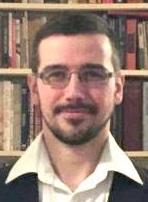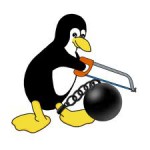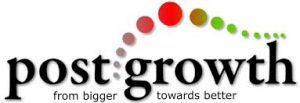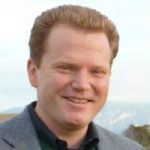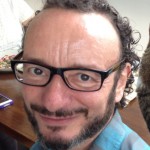 You may not be familiar with a beaver sejant erect proper blowing upon a hunting horn in silver with a big deer in the mix. You may not recall the origins of Thomson Reuters (TR) as a seller of radios in Ontario, Canada. You may not remember the shift from newspapers to professional publishing. That’s not a surprise. Most people do not know the names of the hundreds of specialty titles generated by the “slicing and dicing” of Thomson Reuters’ professional content. Some may be aware that Thomson Reuters is undergoing another transformation or a return to its roots.
You may not be familiar with a beaver sejant erect proper blowing upon a hunting horn in silver with a big deer in the mix. You may not recall the origins of Thomson Reuters (TR) as a seller of radios in Ontario, Canada. You may not remember the shift from newspapers to professional publishing. That’s not a surprise. Most people do not know the names of the hundreds of specialty titles generated by the “slicing and dicing” of Thomson Reuters’ professional content. Some may be aware that Thomson Reuters is undergoing another transformation or a return to its roots.
Read full article HERE

